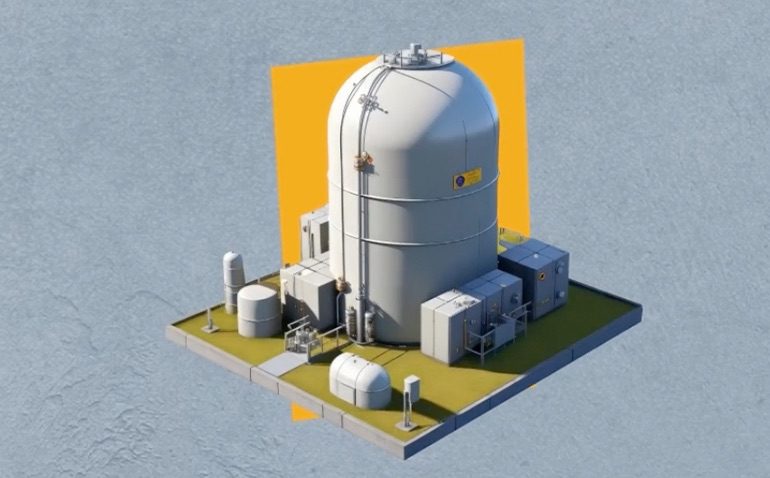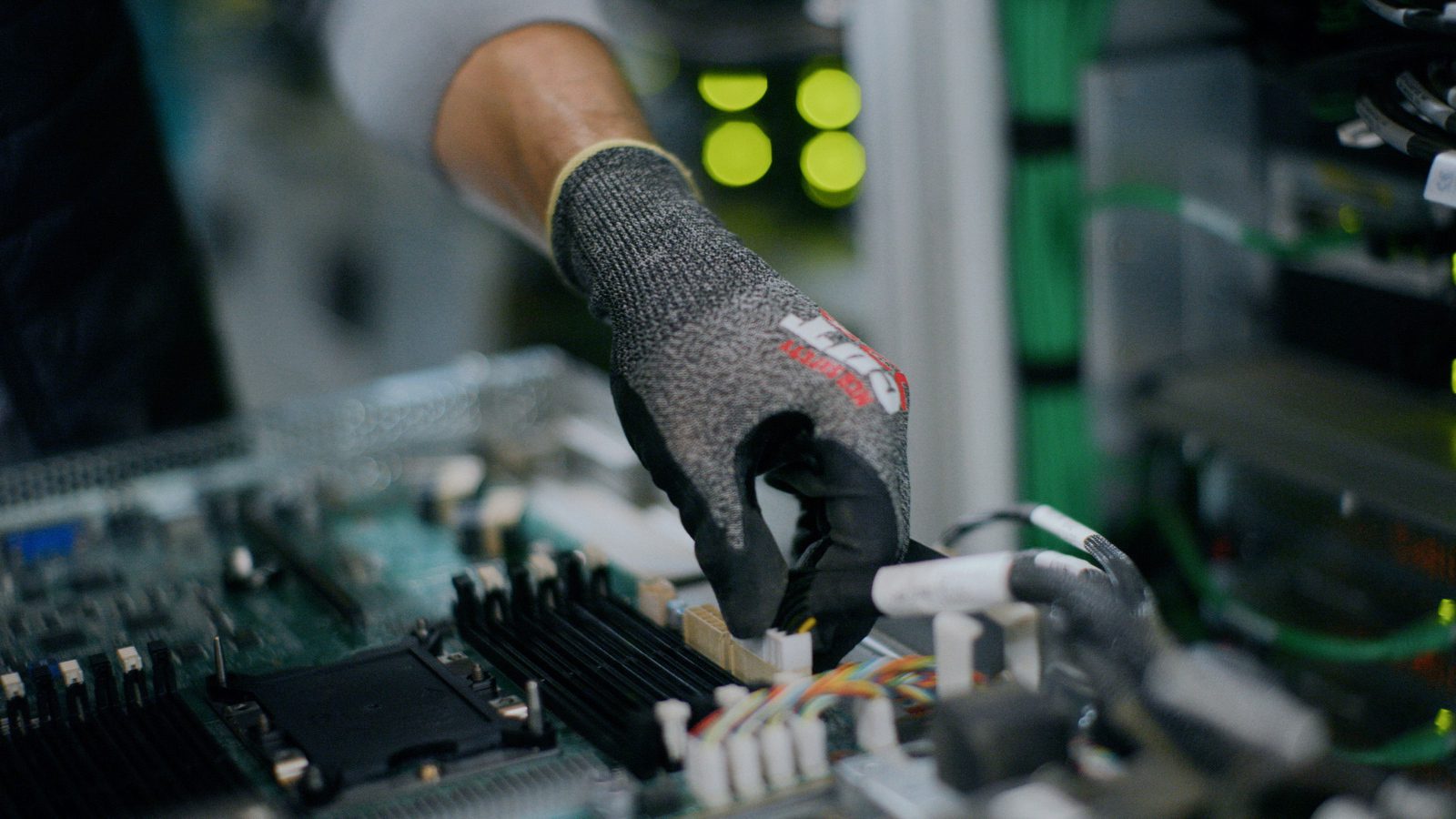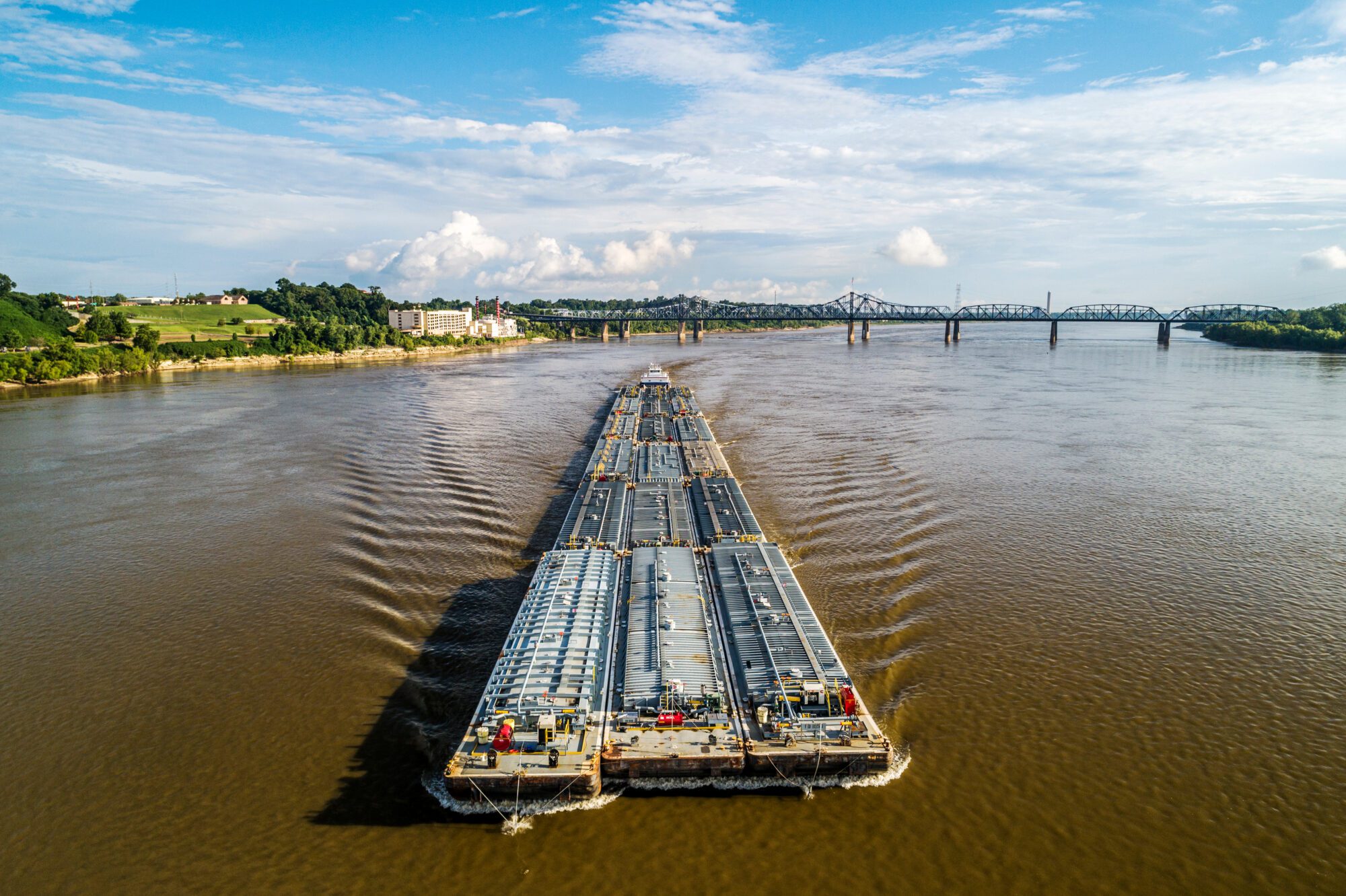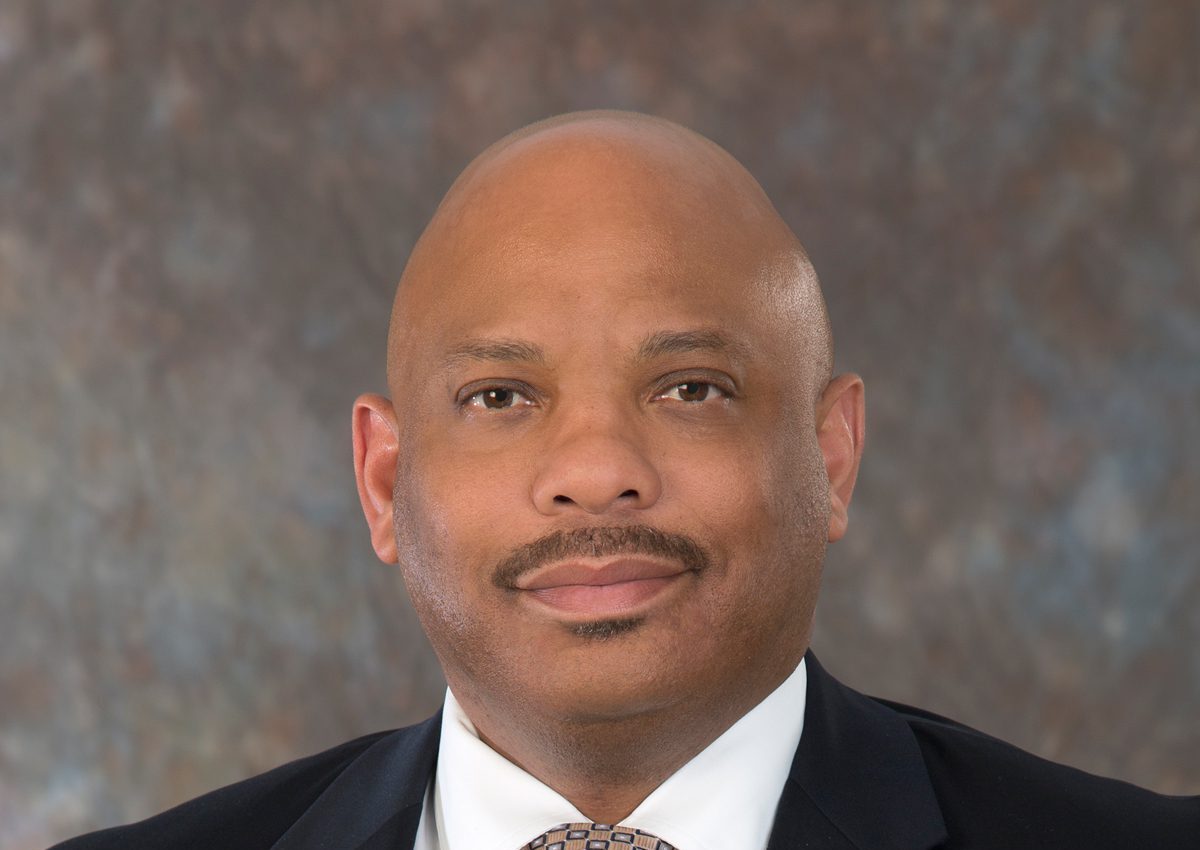
- Kelley Williams writes that while climate virtue signalers seek carbon neutral unicorns, reality and competition intrude.
If you google SMR (small modular nuclear reactor), you may get over 100 hits. I did. The links are to enthusiastic reports from various sources about the future of SMR generated electricity to meet growing demand from data centers. Amazon is building a data center near Canton and plans another near Ridgeland. Each one represents about a $5 billion investment and requires about 500 MW of generating capacity. They will create thousands of construction jobs and several hundred permanent jobs.
The Governor and the Legislature lured Amazon to Mississippi with a secret package of financial incentives and regulatory exemptions for Entergy’s regulated monopoly which will supply electricity to the data centers. The ripple effects of the investments and temporary and permanent jobs will be good for Mississippi. The Governor and the Legislators are basking in their glow. Kind of like the ole: “What’s Good for General Motors is good for America.” Likely true. Kudos to all responsible. What’s not to like? Unknowns? Unexpected problems? Unexpected opportunities?
What about the effects of secret regulatory exemptions? They may compromise Public Service Commission (PSC) oversight of Entergy’s investments for the data centers which are also for other customers. Entergy’s investors make money on its investments (guaranteed 10%+ return). So, there’s a temptation to pad costs.
The PSC helps Entergy resist temptation. Regulatory exceptions that allow no bid contracts to speed construction for Amazon’s benefit could also lead to padded costs. Padded costs could lead to higher rates for other customers – especially if Amazon’s rate is guaranteed and off limits to the PSC. And if the PSC can’t apply its usual prudence test to protect other customers from padded costs. Our residential rates bear watching. They have gone up in other states with a lot of data centers.
So, what does any of this have to do with small modular nuclear reactors? Well, there are lots of data centers pending. Microsoft recently announced three new ones. There’s not enough spare electricity capacity to power them. What about all the pending windmill and solar projects and green incentives for more? Sorry, wind and solar power are intermittent (not always on). Wind doesn’t blow and sun doesn’t shine all the time. They are unreliable. Data centers require reliable (always on) power. Other customers like always on power too.
Aren’t combined cycle natural gas plants (CCNG plants) always on and suitable for data centers? Yes, if there are multiple plants for backup and redundancy for scheduled and unscheduled outages. Entergy has multiple plants and is building another one. It is also connected to a grid with more plants. So, its CCNG plants are a reliable go to source for data center electricity. The plants are also cheaper than other sources. But Amazon and Microsoft and others who build data centers are also climate change virtue signalers.
Climate alarmists say natural gas plants are not virtuous because they emit carbon dioxide combustion byproducts. They say CO2 causes climate change. It’s sinful. To atone for CO2 sins from Entergy’s natural gas plants, Amazon requires Entergy to invest in solar plants. Kind of like religious indulgences in medieval times. And to send solar power electricity to other customers. And not to contaminate reliable electricity for its data centers with unreliable solar power.
Conventional nuclear plants don’t emit CO2. They are virtuous too. They are also very expensive. Regulated utility monopolies that get paid for their investments like their high cost. But they take forever to build and commission. So, they are not the answer to exponential demand growth for data center electricity. Maybe SMR’s are. That hope is very appealing. Hence, 100+ hits on Google searches for SMR’s. The are appealing because they can be factory built quickly and erected on site to supply bite-sized electricity for data centers. Perfect. At least in theory.
However, Ole Yogi Berra reminds us: “In theory there’s no difference between theory and practice – in practice there is.” At this time, SMR’s are just theories. Imaginary unicorns. If you google operating SMR’s, you may not get any hits. I didn‘t. It’s rumored there are three operating SMR’s somewhere (Russia? China? Uzbekistan?). But apparently there are none in the U.S. None, ready for prime time. None, ready to license their technologies.
But not to worry, Microsoft and Amazon and other tech icons are on it. They are throwing billions at the challenge of turning SMR theories into practical commercial realities. So, it’s just a matter of time until that happens. Right? Maybe. But remember they are not the first cowboys on the SMR rodeo circuit. It’s been around a while. The SMR bronc has not been ridden. Also remember: “Pride goeth before destruction.”
The proud Southern Company and its Mississippi Power sub thought they could commercialize a theory to turn lignite into syn gas and generate electricity with it. The Kemper County Lignite Plant was supposed to cost $1.5 B. They gave up on its experimental gasifier after spending $7B. Fortunately, the PSC’s hands weren’t tied, and only part of the cost for a modified natural gas plant ended up in the customer rate base.
Meantime, while climate virtue signalers seek carbon neutral unicorns, reality and competition intrude. Climate change disasters have not arrived as forecast by Al Gore, Greta Thurnberg, and other rich climate change hustlers. Once robust economies in Germany and other countries are dying from unreliable green energy madness. Reality is intruding.
Combined cycle natural gas plants are getting more reliable, more efficient, and more available – especially here in Mississippi where 10 natural gas pipelines cross the state. Mississippi has an inherent CCNG plant advantage. Amazon was the first to see it. It may have come here without the secret goodies. Competition may drive other tech icons here to take the CCNG bird in hand vs. the Unicorn in the bush.
Bottom line reality may trump climate concern fantasies. Wouldn’t that be something? Wouldn’t that be great for Mississippi?











